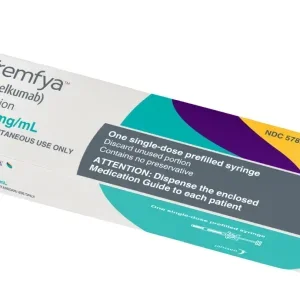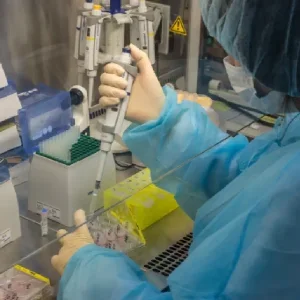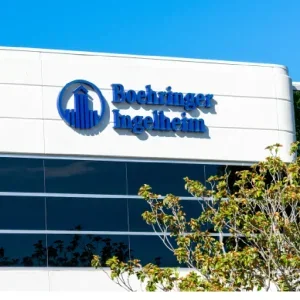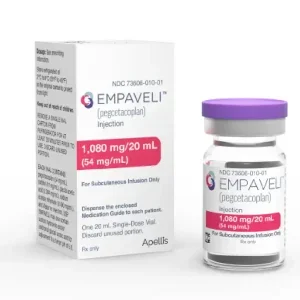
US-based commercial-stage biopharmaceutical company Geron has received the US Food and Drug Administration (FDA) approval for Rytelo (imetelstat) to treat a type of anaemia in adults.
Rytelo is an oligonucleotide telomerase inhibitor indicated for the treatment of adult patients with low- to intermediate-risk myelodysplastic syndromes (LR-MDS) with transfusion-dependent (TD) anaemia, who are ineligible for erythropoiesis-stimulating agents (ESA).
Developed and exclusively owned by Geron, the drug works by inhibiting telomerase enzymatic activity, and is the first and only telomerase inhibitor approved in the US, said the company.
Geron has announced the Reach4Rytelo Patient Support Program to ensure broad access to Rytelo for patients who are eligible to receive Rytelo.
Geron chairman and CEO John Scarlett said: “With the approval and availability of RYTELO, we believe eligible patients with lower-risk MDS can potentially experience meaningful clinical benefit, particularly the potential for greater than 24 weeks of freedom from the burden of red blood cell transfusions and symptomatic anaemia.
“The approval of RYTELO as the first telomerase inhibitor is a testament to the power of our science and the passion of our people to innovate in the field of blood cancer.
“I would like to thank the patients and families, advocates, clinicians, study coordinators and site personnel, scientists, and Geron employees and collaborators past and present whose participation was integral to this achievement and to supporting our transformation into a commercial company.”
LR-MDS is a blood cancer that often progresses to require increasingly intensified management of key symptoms such as anaemia and resulting fatigue.
Patients with LR-MDS often require red blood cell transfusion, which is associated with short- and long-term clinical consequences that reduce quality of life and shorten survival.
The FDA approval of Rytelo is based on results from the IMerge Phase 3 clinical trial, which met its primary and key secondary endpoints.
In the study, the drug showed significantly higher rates of red blood cell transfusion independence (RBC-TI) compared to placebo, which was durable and sustained.
The safety profile of Rytelo in the IMerge trial was well-characterised with generally manageable and short-lived thrombocytopenia and neutropenia.
The most common adverse reactions include decreased platelets, white blood cells, neutrophils, increased aspartate aminotransferase, alkaline phosphatase, alanine aminotransferase, and fatigue, among others.
IMerge clinical trial investigator Rami Komrokji said: “For patients with lower-risk MDS and anaemia who are transfusion dependent, we have very few options today and often cycle through available therapies, making the approval of RYTELO potentially practice-changing for us.
“What is exciting about RYTELO is the totality of the clinical benefit across LR-MDS patients irrespective of ring sideroblast status or high transfusion burden, including sustained and durable transfusion independence and increases in haemoglobin levels, all within a well-characterized safety profile of generally manageable cytopenias.
“The treatment goal for patients with LR-MDS and anaemia is transfusion-independence and before today, this wasn’t possible for many patients.”






